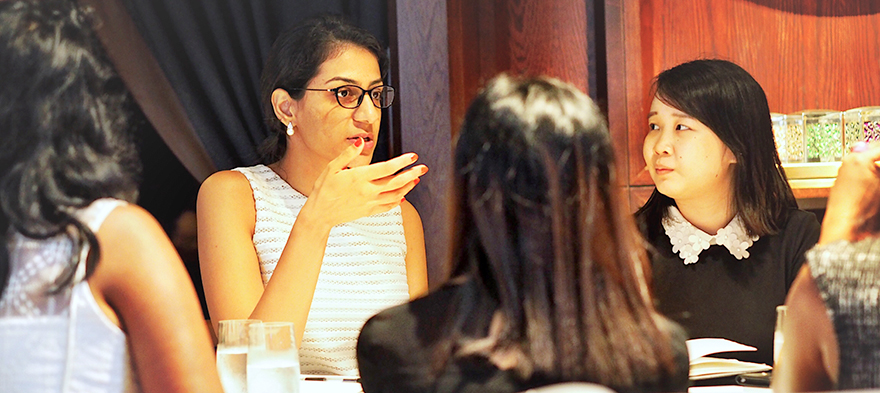
When we give permission to hate, the floodgates open. When sexual predatory behavior is excused, when anti-Muslim and anti-immigrant sentiment is promoted…bigoted thoughts become sanctioned opportunities to act. Shameful ideas hidden in the shadows are given microphones, and dangerous behaviors are modeled for our children.As far as public schools go, teachers are the guardians of those floodgates. And you don’t have to don a sombrero to make them cave in; it’s as simple as keeping your mouth shut. So I’ve decided that the price of silence is too high. My students’ futures mean too much to me to sit back idly while the world persecutes young Black and Brown people and denies opportunities to those who weren’t born with silver spoons in their mouths. To stay silent in the face of harassment, discrimination, and hatred of any form is to be complicit in those injustices. And after all that’s happened in 2018, teachers must do better than we ever have before. What do you think?
Garris Stroud is an award-winning educator and writer from Greenville, Kentucky whose advocacy and scholarship have been recognized by USA Today, U.S. News and World Report, Education Post, The Louisville Courier-Journal, and The Lexington Herald-Leader. He served as a Hope Street Group Kentucky State Teacher Fellow from 2017-2019 and became chair of the organization’s editorial board in 2018. Stroud received bachelor’s and master’s degrees in education from Murray State University and is currently a doctoral student in educational leadership at the University of the Cumberlands, located in the heart of Kentucky’s Appalachian region. Read more about his work on the Kentucky School Talk and Rural Ed Voices blogs.
If you have a child with disabilities, you’re not alone: According to the latest data, over 7 million American schoolchildren — 14% of all students ages 3-21 — are classified as eligible for special...
The fight for educational equity has never been just about schools. The real North Star for this work is providing opportunities for each child to thrive into adulthood. This means that our advocacy...
The story you tell yourself about your own math ability tends to become true. This isn’t some Oprah aphorism about attracting what you want from the universe. Well, I guess it kind of is, but...
Your donations support the voices who challenge decision makers to provide the learning opportunities all children need to thrive.
Ed Post is the flagship website platform of brightbeam, a 501(c3) network of education activists and influencers demanding a better education and a brighter future for every child.
© 2020–2024 brightbeam. All rights reserved.